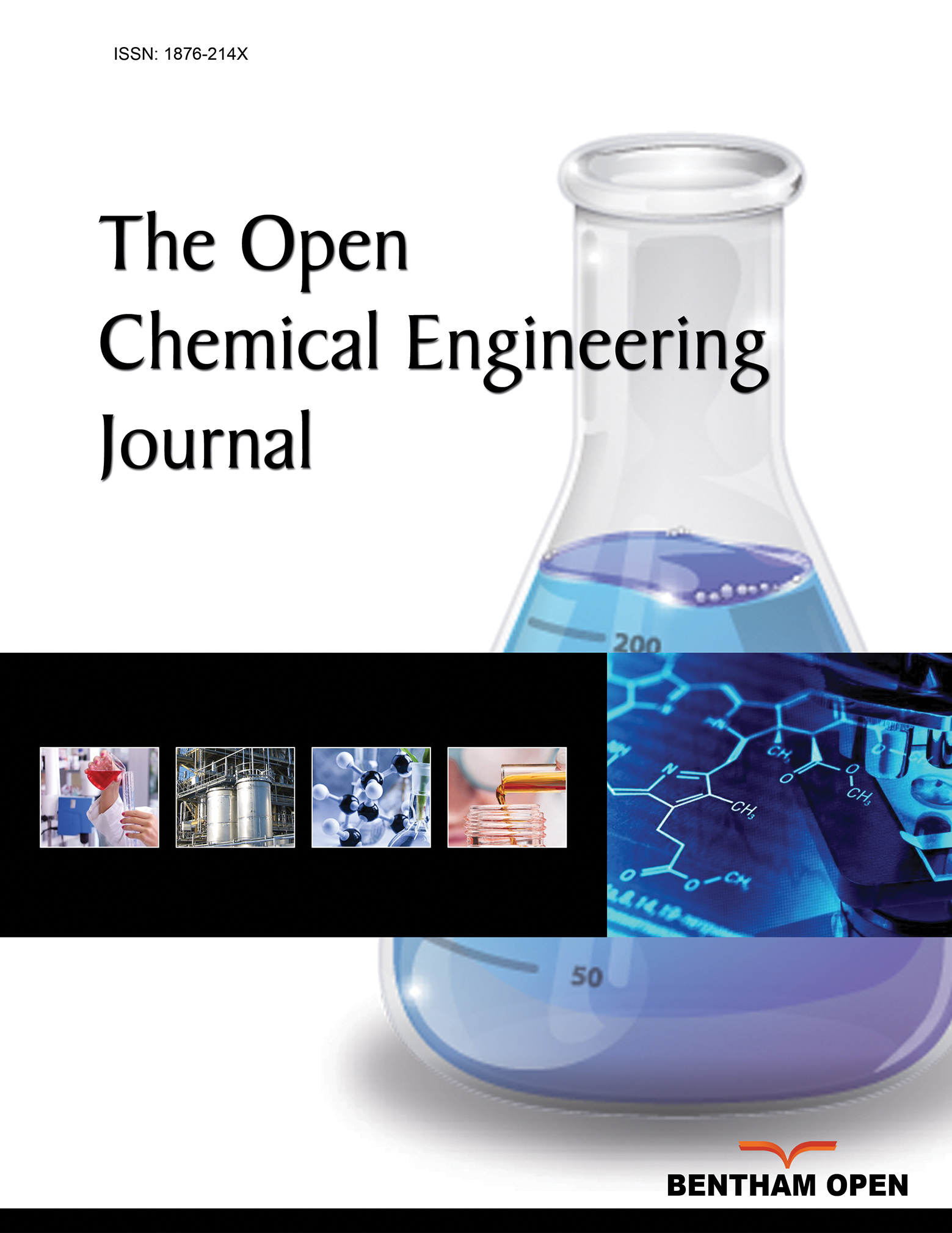All published articles of this journal are available on ScienceDirect.
Parameter Identification in Liquid-Liquid Equilibrium Modeling of Food-Related Thermodynamic Systems Using Flower Pollination Algorithms
Abstract
In this paper, the liquid–liquid equilibrium of twenty two ternary and quaternary systems relevant for food industry was modeled using the NRTL and UNIQUAC equations and the Flower Pollination Algorithm (FPA). FPA is an emerging nature-inspired stochastic global optimization method and it has been used for LLE parameter identification of local composition models in multicomponent mixtures. FPA and its modified version (MFPA) were assessed for solving LLE parameter estimation problems in several systems relevant for food industry. Thenumerical performance of these stochastic methods has been analyzed at different numerical scenarios with and without the application of closure equations. Results showed that MFPA outperformed FPA and other metaheuristics (e.g., Simulated Annealing, Genetic Algorithm and Harmony Search) for LLE parameter identification in local compositions models. MFPA with closure equations is a reliable approach for determining the best interaction parameter of NRTL and UNIQUAC models in the LLE data processing of food-related thermodynamic systems.


